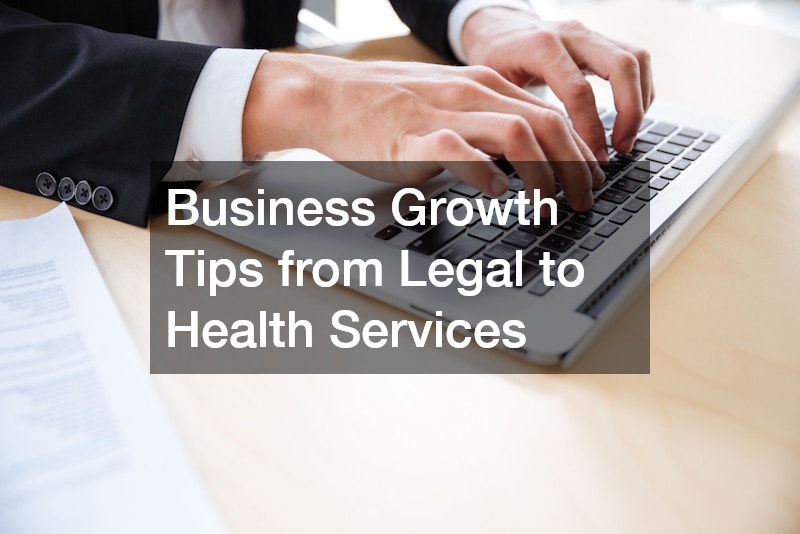• Child support and custody are common legal issues for families, and organizations can help with filing for payments or creating parenting plans.
• Housing discrimination is illegal. Families should seek legal advice, housing cooperatives, rent-to-own programs, community land trusts, etc.
• Wage theft needs to be reported, and families can access free legal advice through pro bono attorneys or organizations.
• Bankruptcy is a viable option but should not be entered into lightly. Resources are available to provide comprehensive information on the process.
For many families in communities across the country, legal issues are a significant source of stress. But with the proper knowledge and resources, you can help them find the support they need to get their lives back on track. Here’s an overview of a few of the most common legal issues that families face, along with some tips on how you can help.
Child Support
In America, almost half of all children live in households where both parents don’t live together. When this is the case, one parent may be required to pay child support to the other parent in order to provide financial assistance for their children.
Unfortunately, not all parents are able to make these payments, which can lead to serious financial hardship for families who depend on this money for basic needs. One way you can help is by connecting families with local organizations that provide assistance with filing for child support payments or enforcing existing orders.
Child Custody Issues
When parents don’t live together, they need to make arrangements for the care of their children. This can involve creating a parenting plan or filing for formal custody proceedings. Without an agreement in place, one parent may be able to unilaterally make decisions about the child’s upbringing without consulting the other parent.
You can assist by providing families with access to legal advice from an experienced child custody attorney. A child custody attorney can help them understand their legal rights and create an arrangement that works for everyone involved. An attorney can also help parents with the process of filing for formal custody proceedings.
Housing Discrimination

Although it is illegal for landlords and property owners to discriminate against tenants based on race, religion, gender identity, family status, or disability status, it still happens far too often. If a family finds themselves facing housing discrimination due to any of these factors (or others), they should contact a lawyer familiar with housing law who can help them fight back against unfair practices. You can also assist by offering better housing alternatives, such as the following:
Housing cooperatives
Housing cooperatives are a type of shared housing arrangement where the tenants own the building and manage it together. This option can provide families with more control over their living situation and better protection from exploitation or discrimination.
Rent-to-own programs
Rent-to-own programs are a way to purchase real estate without having to take out a traditional mortgage. By paying rent and making down payments, tenants can eventually own the property they’re living in. These programs are often available through government or private organizations and can be an attractive option for families who want more security than renting offers.
Community land trusts
Community land trusts are non-profit organizations that purchase and manage housing for the benefit of the community. These arrangements typically involve long-term leases, which provide families with greater stability than renting from an individual landlord.
Accessory dwelling units (ADUs)
Accessory dwelling units (ADUs) are additional housing units added to existing homes. These can often be more affordable for families looking for extra space or an alternative living situation. ADUs also offer the advantage of being able to remain with the primary residence, giving tenants greater security and stability.
By helping ensure that families in need have accessible housing, you can help them fight back against discrimination and ensure that they have the resources they need to get their lives back on track.
Wage Theft
Every day across America, workers are taken advantage of by employers who fail to pay them what they deservedly earned through their labor. This practice—known as wage theft—is illegal under federal and state laws, but it continues to be a pervasive problem in many industries.
If a family reports being victims of wage theft, you can help them by connecting them with resources such as local pro bono lawyers who may be able to represent them free of charge or organizations that offer free legal advice regarding wage theft cases.
Bankruptcy

Bankruptcy isn’t always easy—but it’s sometimes necessary when people find themselves overwhelmed by unmanageable debt loads due to job loss or medical bills (among other reasons).
To ensure that people understand all their options when deciding whether bankruptcy is right for them, you could provide information about filing for bankruptcy and direct them towards sources offering more comprehensive advice about this process, such as legal aid clinics or pro bono attorneys specializing in bankruptcy law.
No one should have to face legal issues alone. As a community member, you can play an essential role in helping families find the support they need. Whether it’s providing information about filing for bankruptcy or finding alternative housing options, your help will ensure everyone has access to justice when facing any form of legal issue.










